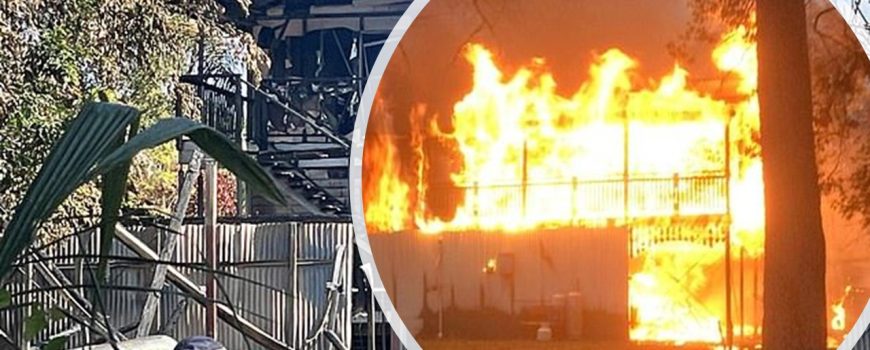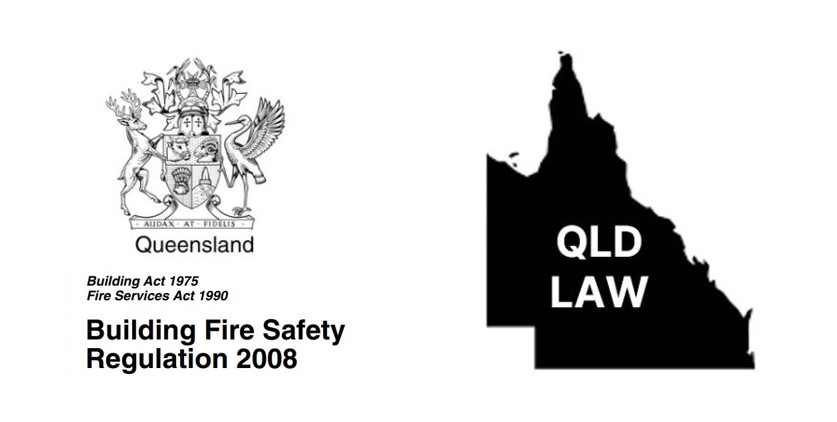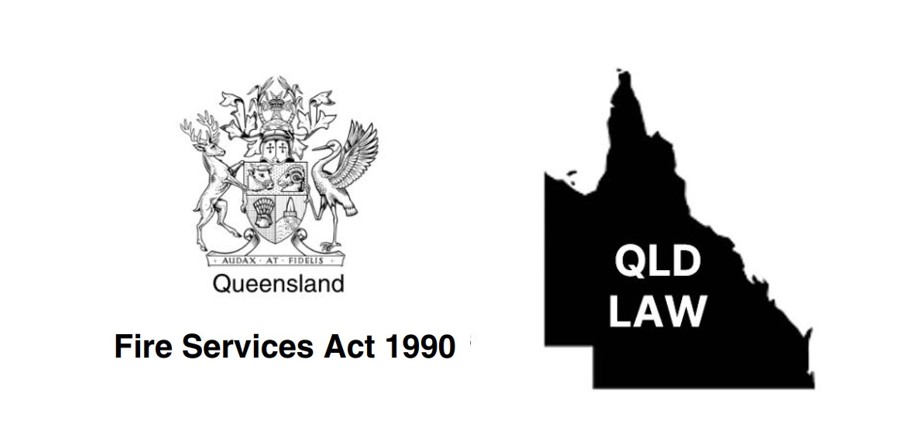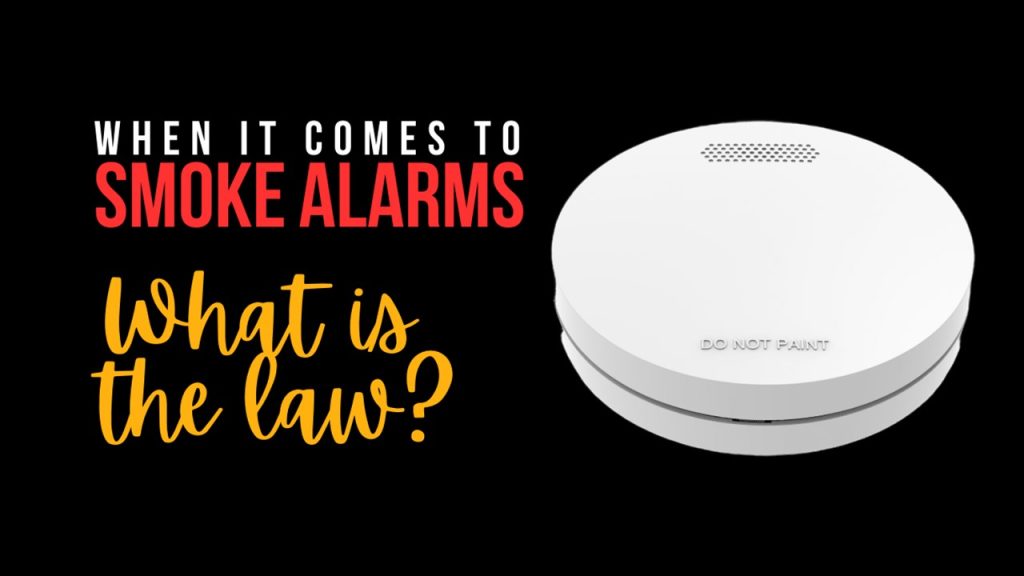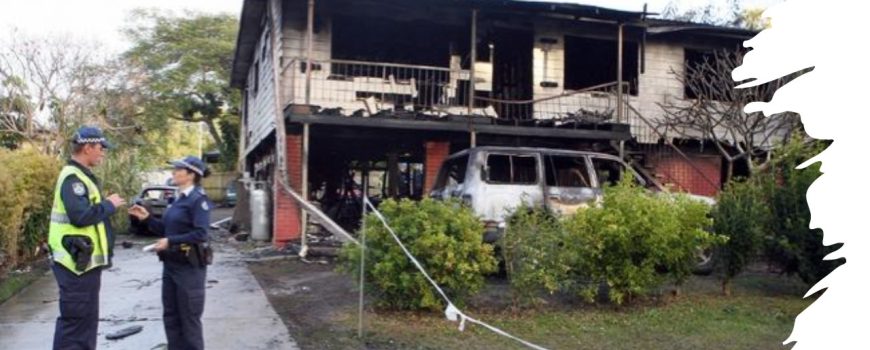Queensland was rocked by another devastating house fire tragedy earlier this month when police confirmed that five young brothers and their 34-year-old father died in a house blaze on Russell Island, off Brisbane’s Redland Bay. Emergency services rushed to the home on Todman Street just after 6am on Sunday 8th August to find the two-storey house fully engulfed, with two neighbouring properties also alight. A 21-year-old woman thought to have been inside the house when the fire broke out managed to escape with injuries.
The Queensland Fire Department Assistant Commissioner, John Cawcutt, said the blaze was “one of the worst fires we’ve had for a long time”. Fire and Emergency Services Minister Mark Ryan also said the fire was a great tragedy. “Of course a very sad day for Queenslanders,” he said. “Our hearts break for those involved in the tragedy. It seems a tragic loss of life”. A forensic investigation is currently underway to determine how the fire started, and why the smoke alarms did not activate.
In terms of sheer loss of life from a single domestic house fire, the Russell Island fire tragedy is second only to the August 2011 Logan house fire, which was Queensland’s deadliest house fire, causing the death of 11 family members. A coronial inquest could not establish the exact cause of that blaze but a coroner found there was a ‘reasonable prospect’ that all or some of the victims could have escaped if smoke alarms had been working. That tragedy led to the introduction of new QLD laws for interconnected photoelectric smoke alarms inside every bedroom, hallways outside the bedrooms, and on every level of Queensland homes.
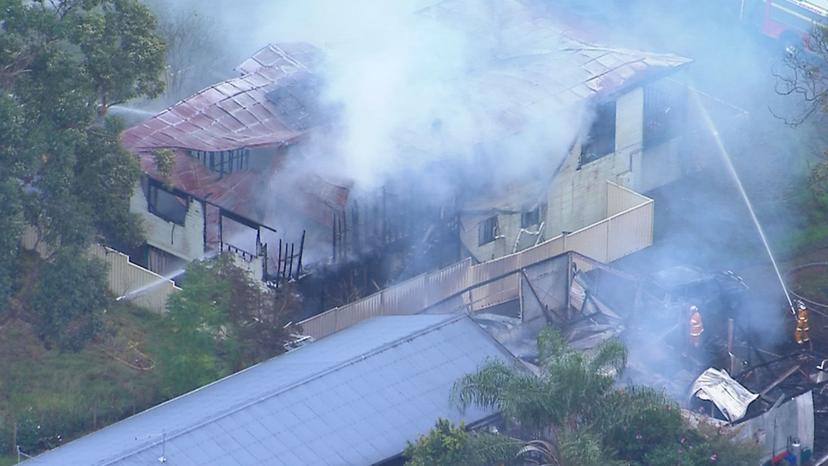
Why Didn’t The Smoke Alarms Activate?
The rented two storey Queenslander home allegedly had smoke alarms installed, however the female survivor of the blaze said she didn’t hear any smoke alarms activate, adding that concerns had previously been expressed about them. It remains unclear why the alarms didn’t activate and whether they were in working order. ‘With a fire of that intensity it will be difficult to know whether there were smoke alarms present or not but that will be part of the investigation,’ Queensland Fire Department Deputy Commissioner Joanne Greenfield said. It is understood the home was transported to the site around 2017. ‘So thinking about the legislation that was in place at that time it would have required one hardwired smoke alarm, that’s if it was following the legislation,’ QLD Fire Department Commissioner Leach said.
A close family friend issued a harrowing plea to all Australians on the behalf of the Children’s surviving mother, stating that she ‘just wants the world to know – check your smoke alarms and hold your babies’.
What Are Queensland’s Smoke Alarm Laws?
From 1st January 2022, all properties being sold or leased for rent in Queensland were required by law to be compliant with the smoke alarm rules below (on 1st January 2027 the law is being extended to cover all QLD homeowners and occupiers, irrespective of whether the property is being sold or rented out).
QLD Smoke Alarms Requirements
Smoke alarms must:
- be photoelectric.
- comply with the smoke alarm Australian Standard 3786:2014.
- be hardwired to the mains power supply with a secondary power source (i.e. non removable 10 year battery) or;
- be powered by 10 year non-removable battery type photoelectric smoke alarm.
- be interconnected with every other smoke alarm in the dwelling so all activate together.
- must not contain an ionisation sensor.
Installing Photoelectric Smoke Alarms In QLD
Photoelectric Smoke alarms must be installed:
- on each storey
- in each bedroom
- in hallways that connect bedrooms and the rest of the dwelling
– if there is no hallway, between the bedroom and other parts of the storey; and
– if there are no bedrooms on a storey, at least one smoke alarm must be installed in the most likely path of travel to exit the dwelling.
QLD Rental Property Smoke Alarm Laws
In addition to the above, rental property managers and landlords are required to test and clean smoke alarms and replace any flat or nearly flat batteries within 30 days before the start of a tenancy. This also includes a renewal tenancy.
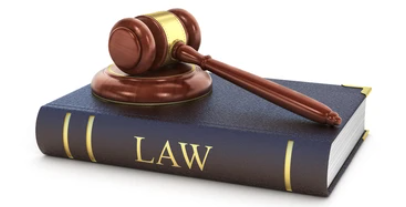
Postscript Update – April 2024
The landlord was charged and fined under the QLD Fire Services Act 1990 after she admitted failing to install compliant photoelectric smoke alarms in the rental property.
The interstate landlord claimed to be unaware of the changes to QLD’s smoke alarm legislation.
“It’s absolutely no excuse that she failed to keep abreast of the laws required of an investment property owner in having the premises legally wired with smoke detectors after January 2022,” Magistrate Deborah Vasta said. Ms Vasta told the court that the landlord had failed to comply with safety legislation and a coronial inquest into the six deaths was still yet to occur.
“There’s no evidence about whether two smoke alarms that were there were working or not,” she said.
Detectives are continuing their investigation following the fire and a final report will be given to the coroner in the near future.

Want to know more? Watch our ZEN quick start video or call us on 0478 596 402 today.
We love talking smoke alarms!
ZEN Photoelectric Smoke Alarms
New Farm, QLD, 4005

